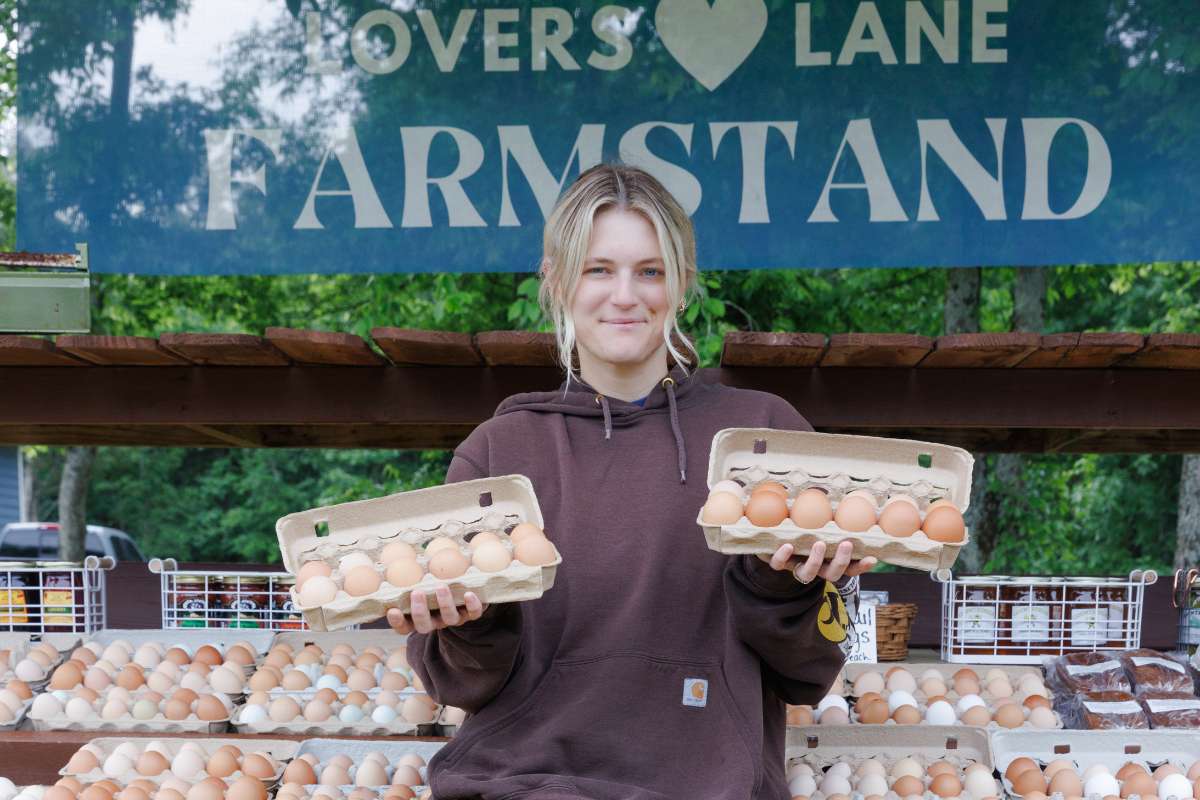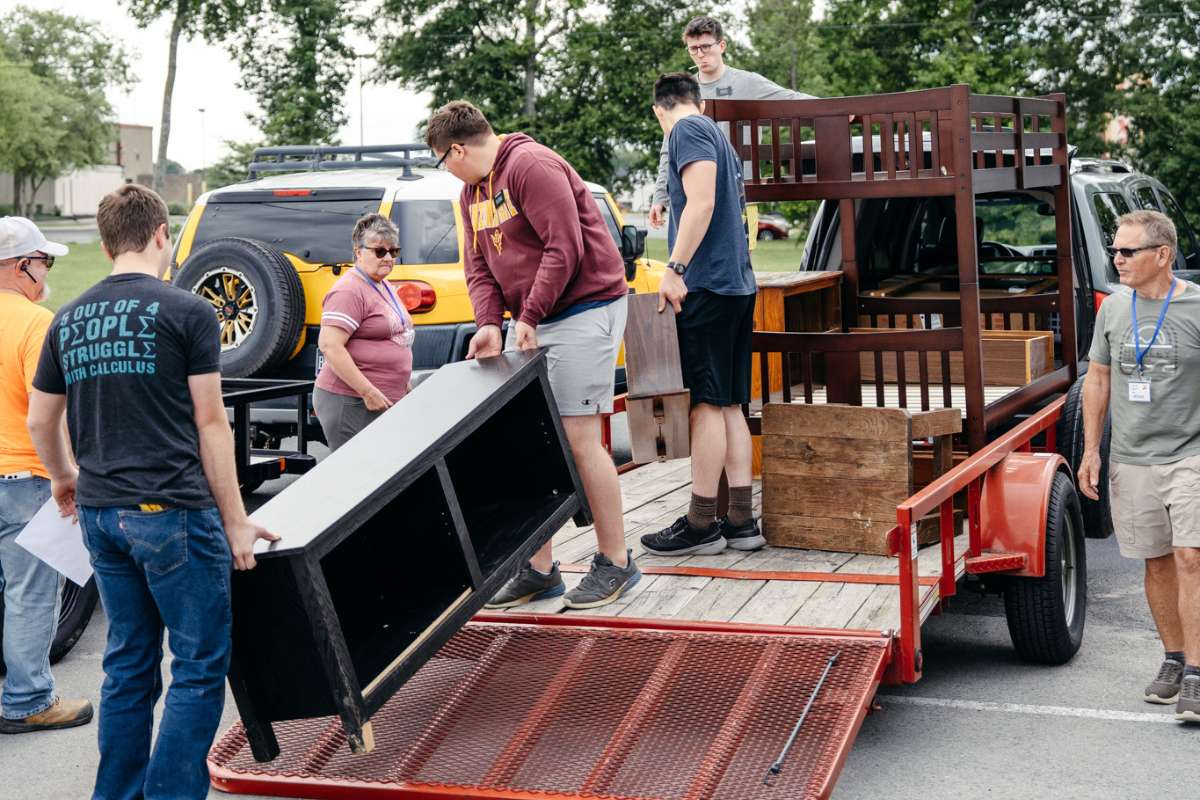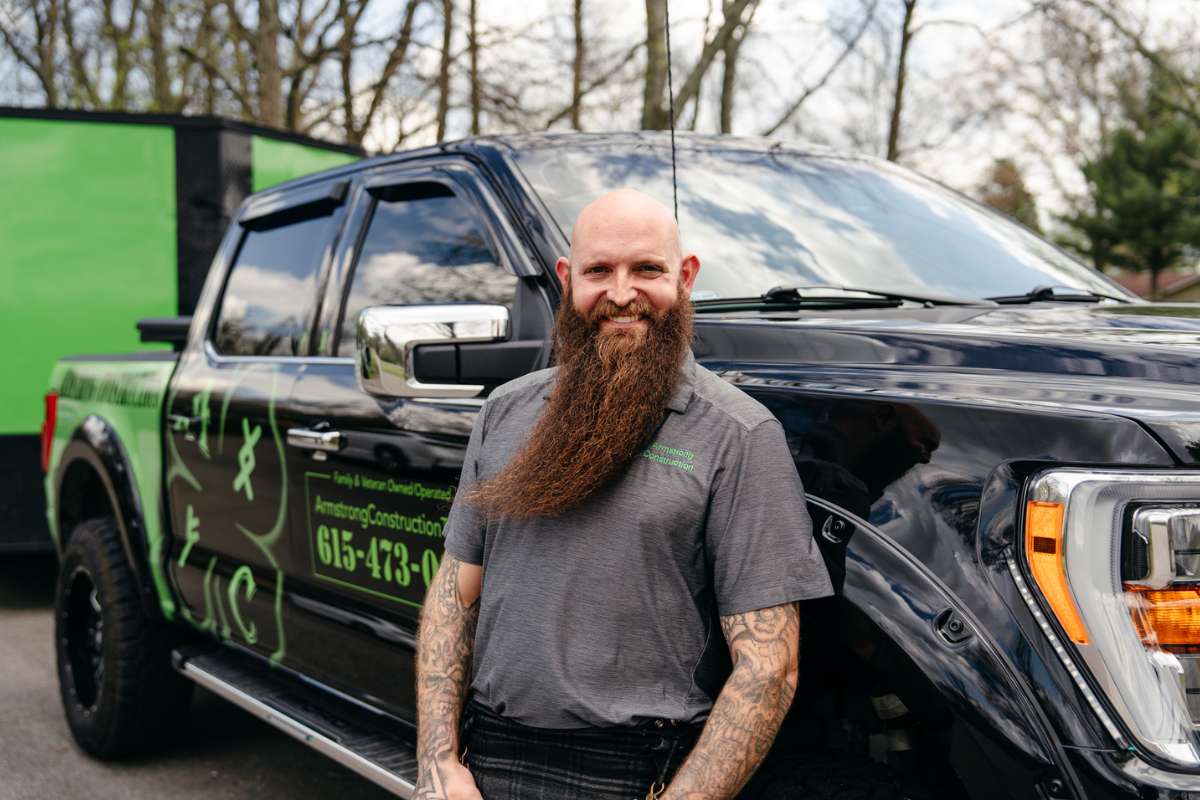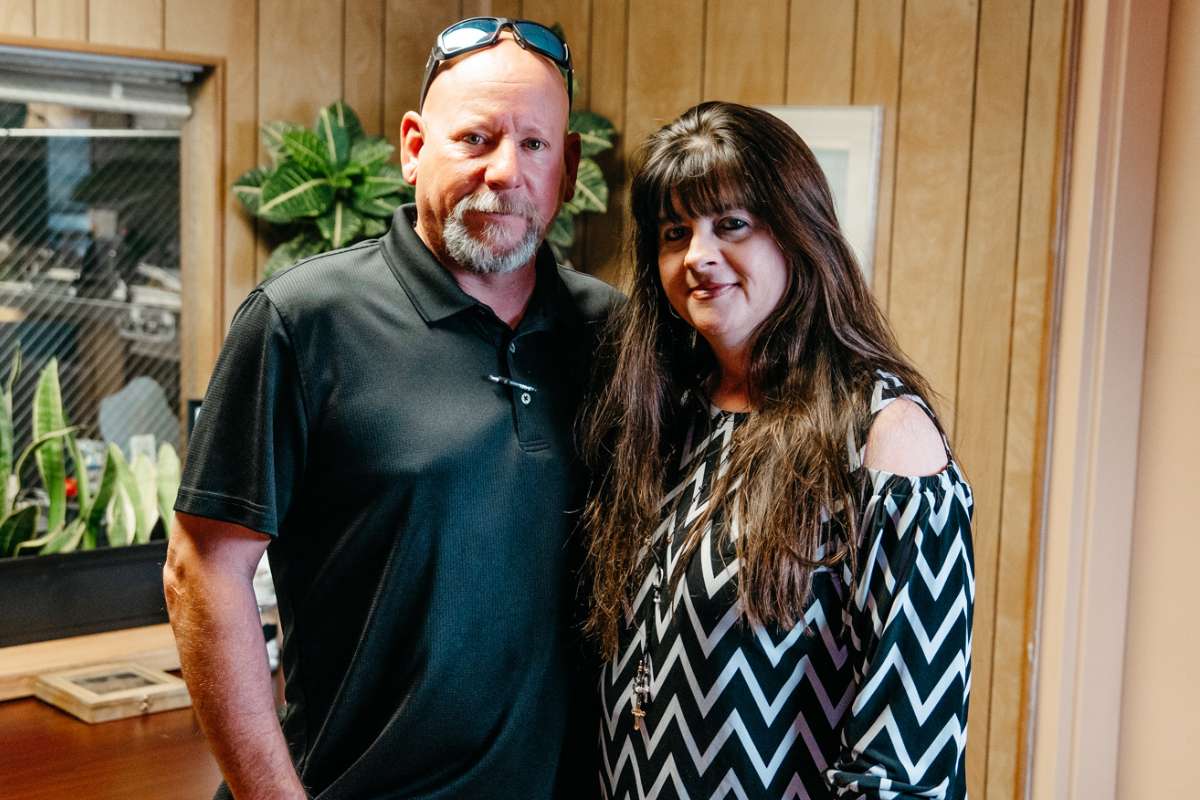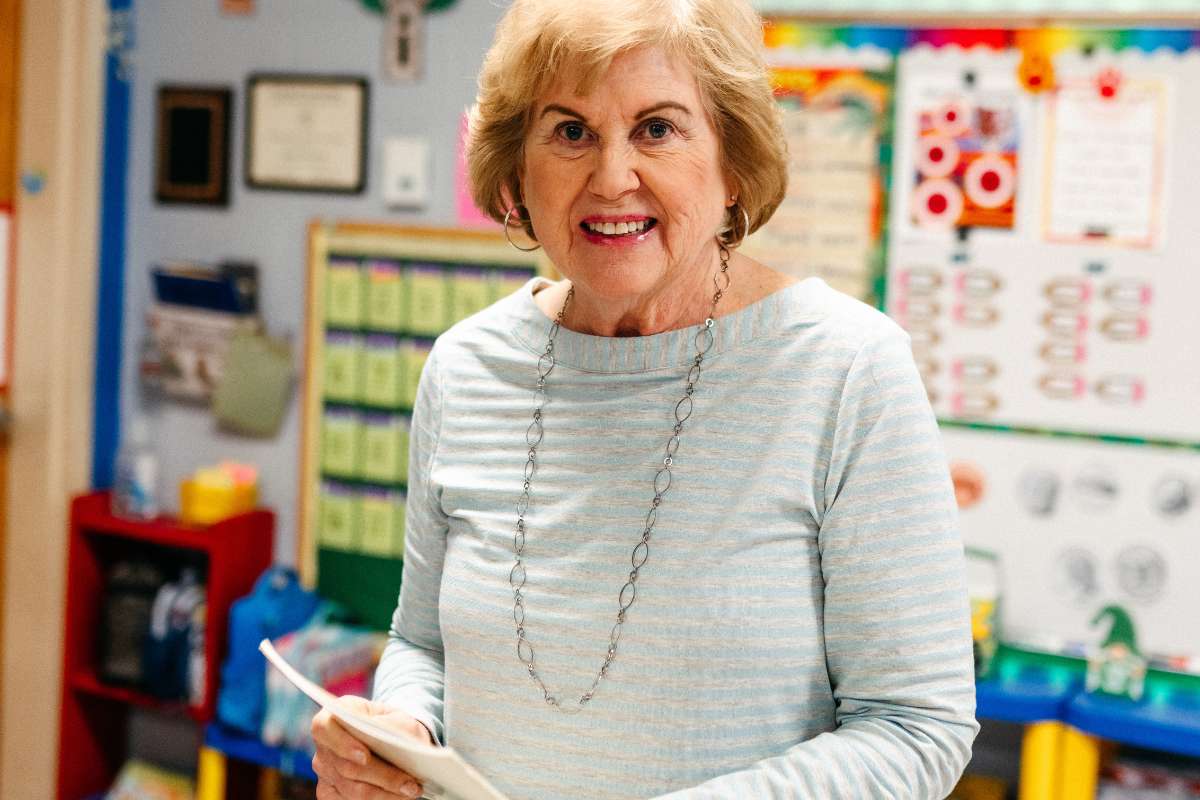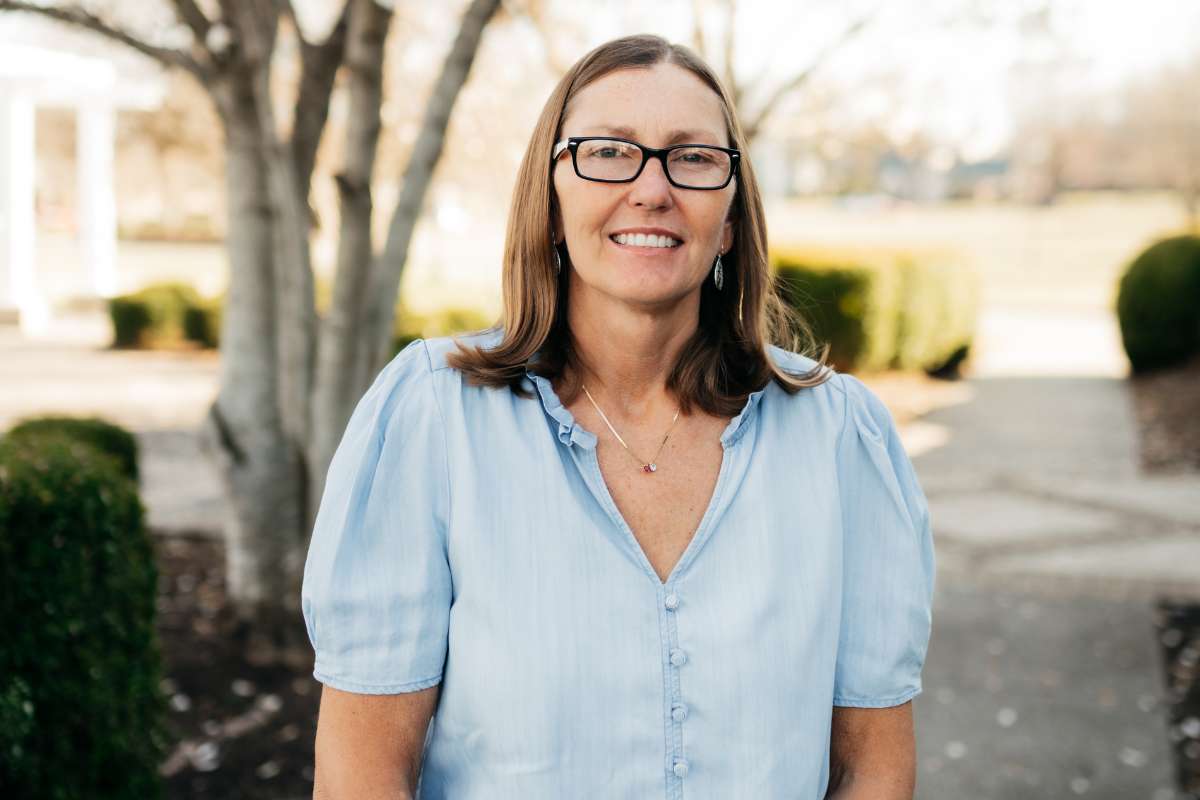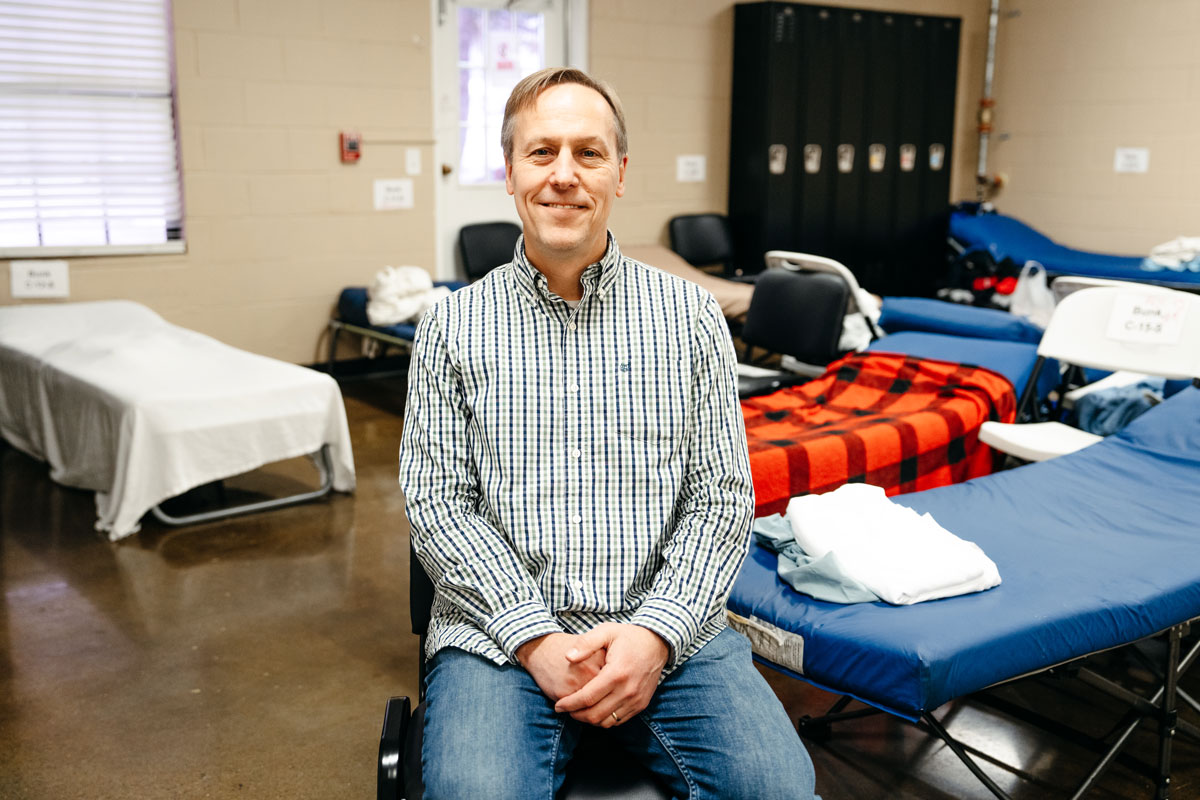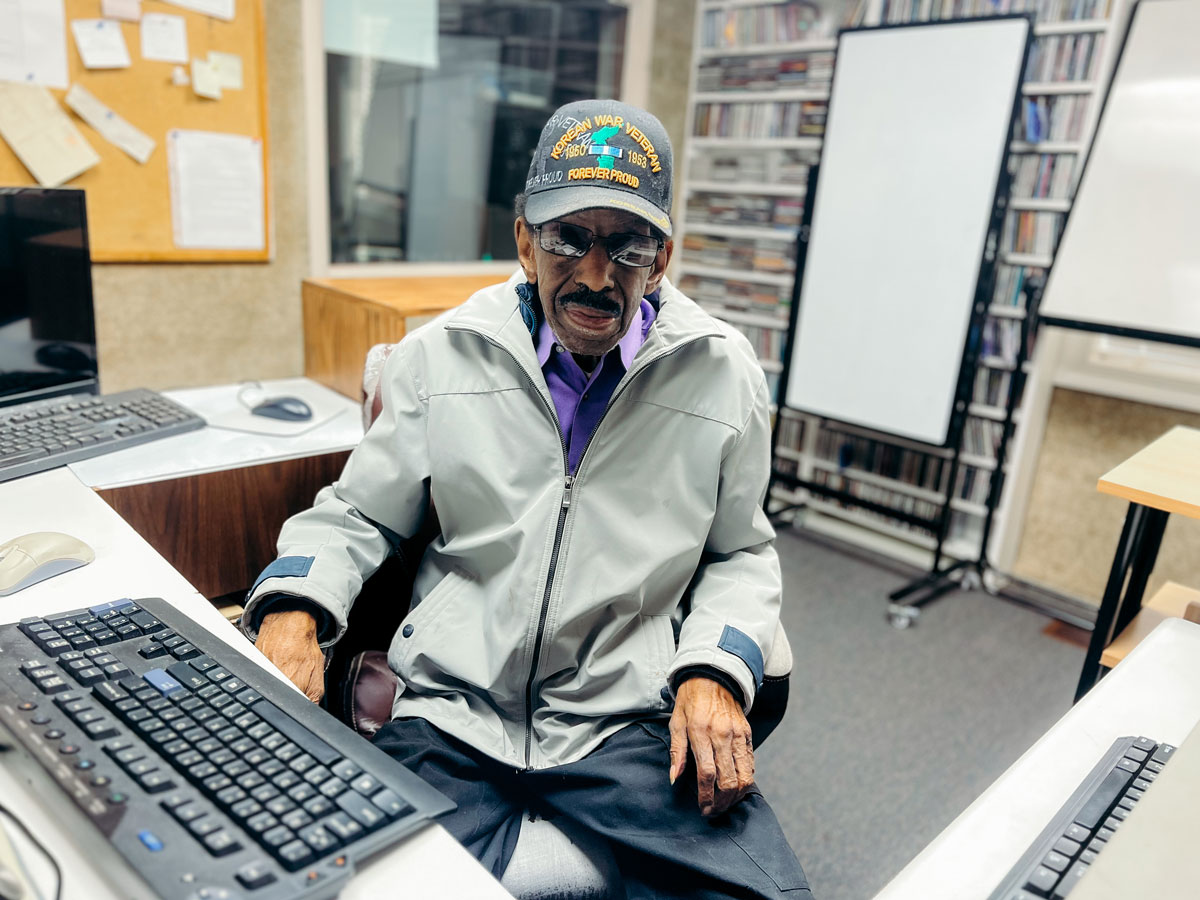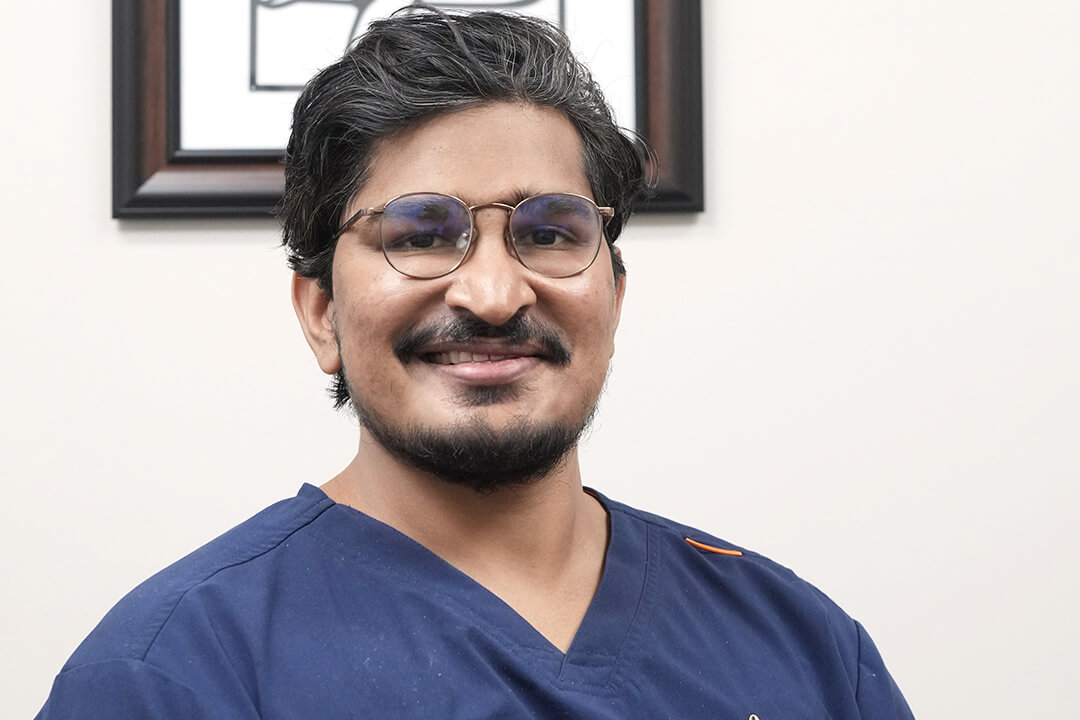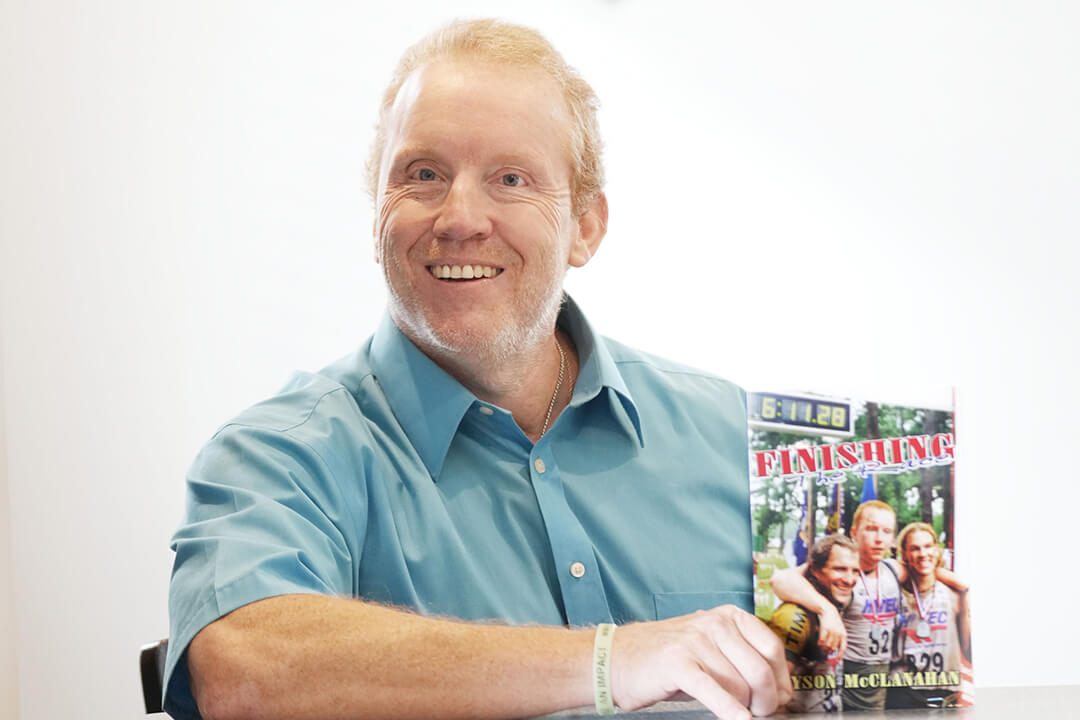THE FIRST Special Olympics took place in Chicago’s Soldier Field in July 1968 and hosted 1,000 athletes from across the U.S. and Canada. In its second year, the event grew internationally and welcomed France into the fun. By the fourth year, 10 additional countries sent athletes to compete. The next 55 years would see the event grow exponentially, welcoming even more athletes from across the globe. Today, athletes from over 170 countries gather to compete in the Special Olympics.
What started as a small summer camp in the backyard of the late Special Olympics co-founder, Eunice Kennedy-Shriver, now encompasses nearly 5 million Special Olympics athletes worldwide. In Tennessee alone, the Special Olympics reaches more than 18,000 athletes across the Volunteer State, according to the Special Olympics Tennessee website.
The website also states that the Special Olympics offers year-round sports training, competition, and health and education opportunities for individuals ages 2 and above with intellectual disabilities. The organization “champions inclusion and community while embracing everyone irrespective of ability or disability. Together, they are working to make the world a better, healthier, and more joyful place through the power of sport.”
Lebanon resident Mary Lee Burkett knows all too well the endless benefits that come with being a part of the local Special Olympics organization. For the last 16 years, she has been with Area 27 Special Olympics, which includes Trousdale and Wilson counties. She currently wears several hats in her involvement with the organization, including Area 27 co-director, coach, and parent to a daughter with disabilities, Emily. Now in year 16 with the organization, Burkett said she has enjoyed a long relationship with Special Olympics that started as a college student.

“Special Olympics was dear to my heart from when I was in college,” she explained. “I volunteered when they would do events like track and field on campus. I enjoyed the athletes and how excited they would get along with their love for the game.”
As a mother of a child with disabilities, Burkett knew the benefits of being involved with Special Olympics. At age 8, she signed Emily up, and both have been with the organization for the last 16 years.
Discovering an athlete’s ability
As a coach, Burkett teaches sports, including basketball and bocce ball, bowling, ice skating, and corn hole, a new sport to the Special Olympics. Bocce ball is a popular outdoor game that involves rolling big balls toward a smaller target called a pallino. The goal is to land the balls as close as possible to the pallino. Bocce ball can be played in a one-on-one format or can pit teams of up to four players against each other. The game can be played on almost any flat surface.
“Bocce ball is a summer games sport. We participated in the summer games that took place in May,” Burkett explained. “The athletes like training with a partner, and they also like the game. There is time when the athletes can socialize and enjoy each other. Bocce also allows athletes to gain some leadership skills. They can help each other in this sport. It’s great for our nonverbal athletes or an athlete who just needs extra help. I’ll partner an athlete who can communicate well with an athlete who has more needs. It empowers both athletes.”

Burkett added that for each athlete, it’s about finding out what their abilities are and building on those.
“A great example of our athletes making the most of their abilities is one of our nonverbal athletes that had started basketball,” she said.
“Upon joining, he came in with his earphones on and was excited, but he couldn’t dribble and didn’t understand the game completely. I pulled him aside while another coach took the rest of the team. I worked with him on just dribbling, and he learned to dribble. We set him in front of the goal, and when another player came down, they would throw the ball to him, and he would dribble once and then shoot. It’s our process to work with each athlete’s abilities and put them in a position where they can be most successful.”
The gold medal of blessings
Burkett said that working with each athlete provides endless blessings.
“There are so many blessings in being able to work with these athletes,” she enthused. “They look forward to the competition, and being able to see them compete and get a medal — whether it be gold, silver, or bronze — to see them have that feeling of accomplishment is heartwarming. Also, the socialization they gain is beneficial. For example, my daughter will talk about a competition weeks before because she’s looking forward to being with her friends and the competition.” GN



